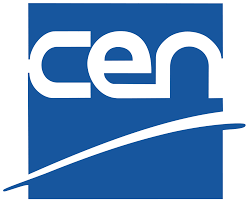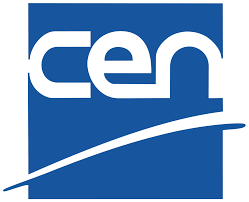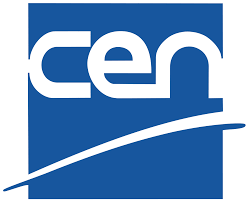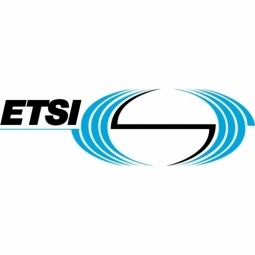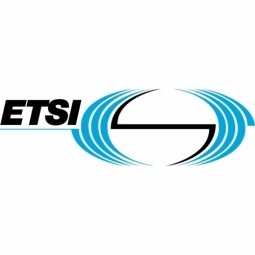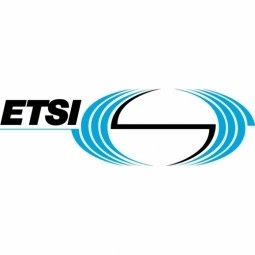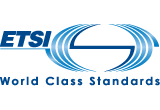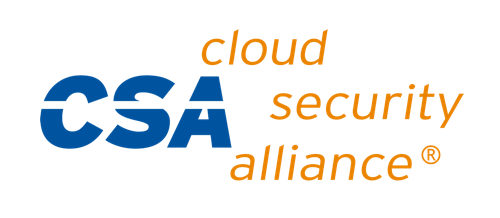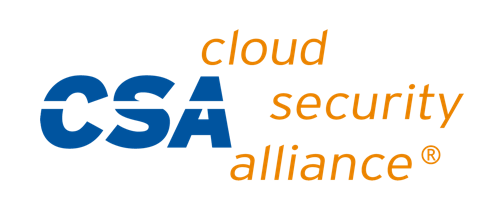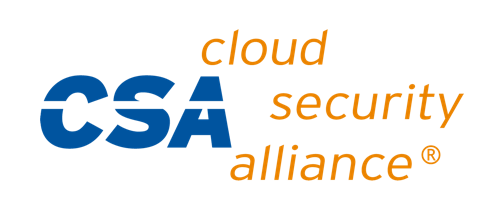Health Informatics - Requirements for a knowledge base for clinical decision support systems to be used in medication-related processes (ISO/TS 22756:2020)
This document specifies the requirements for developing a knowledge base for drug-related problems that cohere with the intended drug use, to be used in rule-based clinical decision support systems (CDSS), such as the criteria for selecting a raw data source and the quality criteria for the development and maintenance for the rules or clinical rules for drug safety. It also describes the process of how to develop a knowledge base, the topics to be considered by the developers of a knowledge base, and it gives guidance on how to do this. This document gives guidelines for the development of a knowledge base: — with rules to enhance decisions and actions in drug-related problems that cohere with the intended drug use; — which can be used by all kinds of healthcare professionals, such as those who prescribe, dispense, administer or monitor medicines; — which can be used in every care setting, including chronic and acute care, primary and specialized care; — which is a repository of evidence/practice bases rules, assessed by experts; — which is meant to be used in conjunction with a medicinal product dictionary; — whose knowledge is structured in rules and therefore to be used in the type of rule-based CDSS. This document does not: — describe the exact content of a knowledge base i.e. the outcome of the process of developing rules. — provide the requirements for a clinical decision support system, the software that uses the knowledge base combined with the patient's data, and presents the outcome of the rules to the healthcare professional. These requirements are described in ISO/DTS 22703[1]. — give the requirements for non-medication knowledge bases. Some aspects of the requirements in this document are general in nature and applicable to other kinds of knowledge bases, but this document does not address all of the requirements of non-medication knowledge bases. [1] Under preparation. Stage at the time of publication: ISO/DTS 22703.
